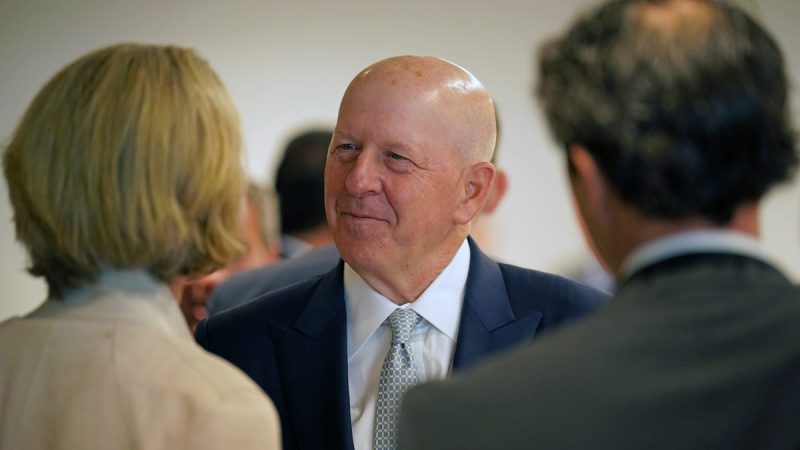
Amidst the current market volatility and the lingering effects of trade wars, Goldman Sachs CEO David Solomon offers a reassuring message: things will eventually settle down. While acknowledging the slowdown in mergers and IPOs, Solomon expressed confidence in the market’s inherent resilience. He described some of the uncertainty as a “reset of expectations,” highlighting the fundamental need for transactions, capital raising, and liquidity within the financial system.
Solomon’s optimism extends to the potential for positive changes in banking regulations. He voiced encouragement regarding the Treasury Department’s efforts to ease these regulations, believing that freeing up capital and stimulating lending activity would foster growth. He sees U.S. treasuries as a safe haven during this period of uncertainty.
However, Solomon also cautioned against complacency. He stressed that the current level of policy uncertainty is detrimental to investment and growth, citing conversations with CEOs who are delaying investments and implementing cost-cutting measures. This includes reduced hiring and potential layoffs, although Goldman Sachs itself recently awarded substantial retention bonuses to its top executives.
This cautious outlook is not new for Solomon. He previously warned about a challenging operating environment during the first-quarter earnings report, advising a cautious approach until greater clarity emerges. Solomon’s concerns extend beyond the US, as he mentioned the Middle East as a key opportunity for investment and expressed hope for regulatory reform in Europe to boost capital market growth.
The IMF’s recent downward revision of the U.S. economic forecast, largely attributed to the trade war’s impact on global growth, further underscores the complexity of the current situation. While Solomon’s prediction of eventual market stability offers a measure of reassurance, the prevailing uncertainty and ongoing challenges remain significant factors in the near-term outlook.










